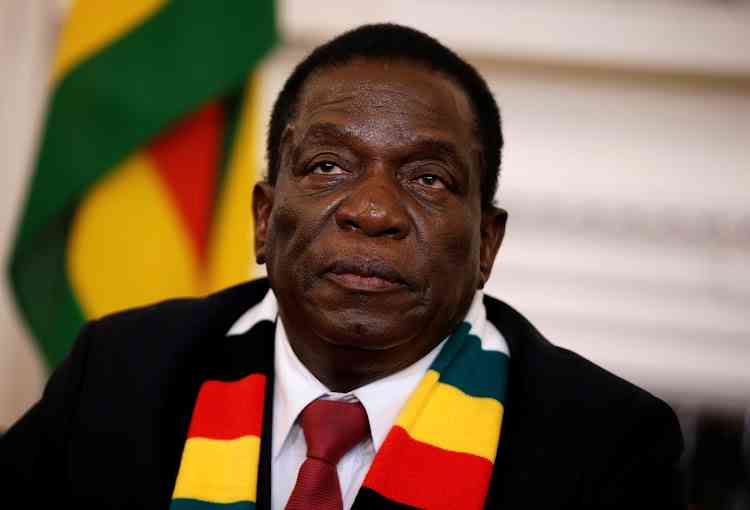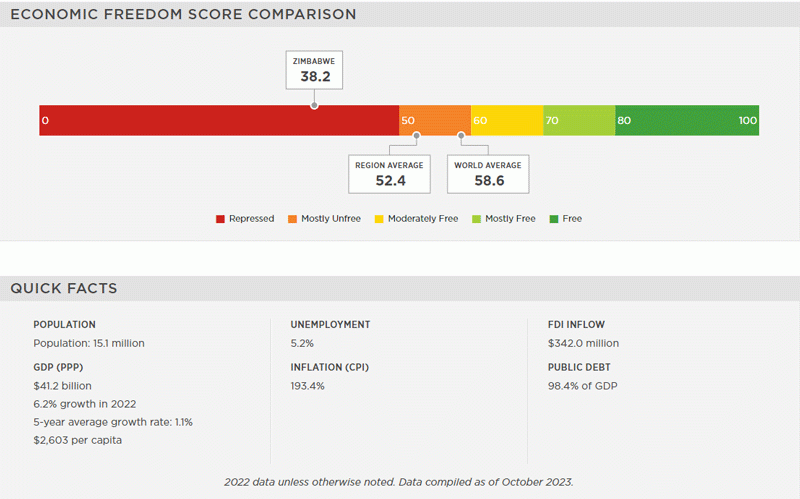
BY FIDELITY MHLANGA
BANK employees are pilling up pressure on their employers to pay salaries in United States dollars arguing that the local currency has become worthless.
“We are pushing for banks to pay the USD salaries that we are contractually entitled to or be paid the equivalent. We are already preparing to go to court for this. We are in disagreement (with our employers) and we are filing our court papers next week (this week),” Zimbabwe Banks and Allied Workers’ Union (ZIBAWU) secretary-general Peter Mutasa said.
According to a National Employment Council agreement on salary and wages circular, bank employees were supposed to get a 42, 09% salary increase effective January this year.
“Accordingly, the present collective bargaining agreement shall be read together with these two preceding agreements. This further agreement shall be deemed to have come into effect on 1st January, 2019 and applicable until 31 December 2019. In accordance with clause 6 of SI 150 of 2013, the parties hereby agree that the year on year inflation from agreed sources is 42,09%. Accordingly, the parties have agreed to effect a 42,09% salary increase on the current minimum for the period January 1 to December 31,” the circular read.
The agreement is yet to be effected.
If this increment was adopted the lowest grade (N/C) would earn $936,50 from $659,09 with the highest grade (DPV) getting $1 486,15 from $1 045,92.
Bankers Association of Zimbabwe president Webster Rusere was not available for comment.
- Chamisa under fire over US$120K donation
- Mavhunga puts DeMbare into Chibuku quarterfinals
- Pension funds bet on Cabora Bassa oilfields
- Councils defy govt fire tender directive
Keep Reading
According to the central bank, all banking institutions, with the exception of one, reported profits for the year ended December 31, 2018, with a 61,06% increase in aggregate profits from $241,94 million in 2017 to $389,85 million in 2018.
Mutasa insisted that workers were entitled to get paid in US dollars because the agreement with employers was signed in hard currency.
“Our salaries since 2009 have been in US dollars. Our agreement with employers is in US dollars and a third party cannot even the Reserve Bank can legally (change) these agreements. There is also a natural process of dollarisation that the government has allowed wherein businesses have been allowed to price in US dollars. Government departments like the Zimbabwe Revenue Authority are also getting fees in US dollars, hospitals; schools have also followed this trend,” he said.
“Again the announcement by Cabinet that they would be ring-fencing certain government contracts that were denominated in US dollars prior to promulgation of SI 133 of 2019 shows that it is not feasible for some sectors of the economy to earn in Real Time Gross Settlement, while all other sectors are dollarising. Only workers are being sacrificed and that cannot be allowed. Allowing this to continue will be unfair because that amounts to redistributing wealth from the poor workers to the rich.”











